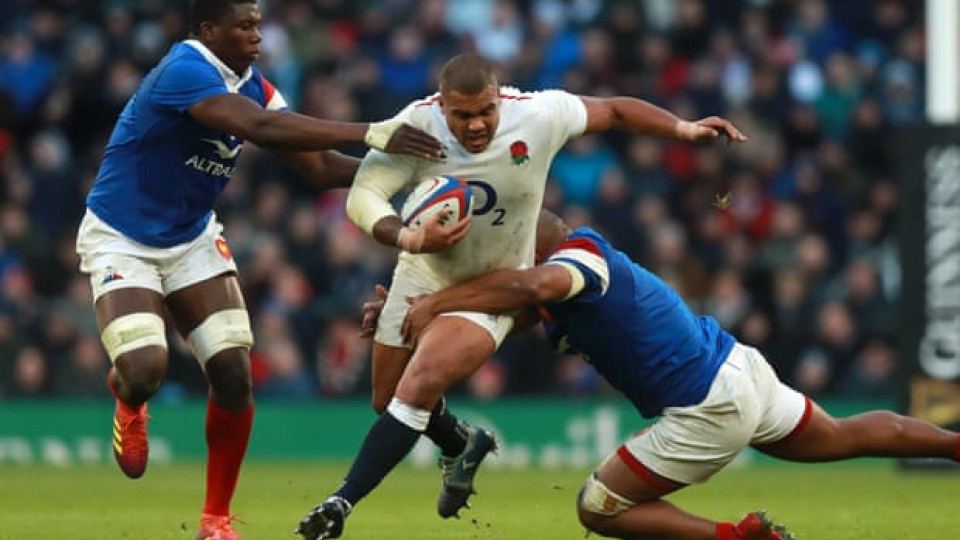
A compromise solution was possible once, but not any more. For pro-Europeans, the choice is starker and simpler

Ever since the Brexit vote in June 2016, many of us pro-Europeans have had to live with a dilemma. On the one hand, we regarded the vote to leave the European Union as a disaster for our country. On the other, we accepted the galling reality that it was the democratically expressed view of the majority. Three years on, I still think we were right about Brexit. But we still lost the vote.
At times in the past five months, a pragmatic compromise has seemed tantalisingly viable
The inescapable tension between these two conclusions has never gone away. But it has certainly evolved. The passage of time and Theresa May’s rigid and error-strewn handling of the Brexit process have reset the options more than once. Until recently, my view could have been summarised as follows: Brexit remains a lamentable event I will always oppose; but, in the absence of public permission to overturn it, a softer version would be less bad than a hard one, and could provide the fragile basis for an eventual form of reintegration with Europe down the line.
At times in the past five months, ever since the UK and the EU struck the withdrawal agreement, a pragmatic compromise of this kind has seemed tantalisingly viable. Desperately though they tried through the winter, the hard Brexiteers failed to harden the original deal or take down May in the way they wanted. That left a space in the political centre. So, when May finally made an opening to Labour in early April, there was a possibility that a Brexit compromise was on the cards – even at the eleventh hour and in spite of the immense party political difficulties it might entail for both.
But it hasn’t happened. The talks between the government and Labour continue. But they are not going anywhere. This week both May and Jeremy Corbyn accused the other of dragging their feet. That could be a cunning joint deception, preparing their respective parties for a surprise deal. But it isn’t the case – believe me. There is an increasing air of unreality about the whole thing. On both sides of the table, the participants are looking over their shoulders at their own colleagues, not negotiating in earnest.
There are three big issues on the table in these talks. But there is no agreement on any of them. The first is over the terms of a future customs union and on single market alignment. The second, on which the two sides have had the biggest arguments, is on “future-proofing” any agreement against the next Conservative leader. The third is over the role, if any, of a confirmatory second vote. On each of these, May is unwilling to make concessions – or even to put options on the table – that would further divide the Tories, while Corbyn remains deeply reluctant to become co-owner of a joint agreement that might end in the overturning of Brexit.
It is now increasingly obvious that the two parties are going through the motions, and that the talks are doomed. Labour has more time on its side than the Tories, because Corbyn is happy to see the Tories humiliated in the EU elections at the end of May. Neither of them wants to be blamed for failed talks, but nor is either of them strong or determined enough to suggest the kind of grand bargain – parliamentary support for soft Brexit in return for a confirmatory referendum, for instance – for which the circumstances cry out.
This means two things. Both must now be faced. The first is that, as things stand, parliament’s efforts to take control of Brexit from the government have failed. In March, this sovereign parliament route seemed to offer a way forward. May’s deal was dead. Backbenchers came up with other cross-party ideas. The Speaker facilitated the process. Marches and petitions gave a feeling of momentum. When it came to the crunch, however, MPs knew what they did not want – no deal – but not what they did want. This parliament turns out to be no more able to pass a soft Brexit than to pass a harder one, like May’s.
The second conclusion is therefore that soft Brexit itself has also failed. Soft Brexit was the least worst Brexit option. To have succeeded, however, May needed to reach out much earlier, probably in 2016, and certainly after the 2017 election. It never happened. Now, last-minute backbench attempts to craft a soft Brexit, led by Nick Boles and Stephen Kinnock, have failed. Cabinet efforts have failed too. Finally the inter-party attempt has ploughed into the sand as well. So soft Brexit must now be added to no-deal Brexit and May’s Brexit on the political scrapheap of the past three years.
When that happened, the dilemma facing us pro-Europeans changed too. With no viable soft Brexit option on offer any longer, it has become meaningless to stand for a compromise that rested on the possibility that MPs and parties would strike a deal. The attempt to reconcile Britain’s place in Europe with the leave victory of 2016 within the Brexit process is therefore dead. It was killed by the hardline Brexiteers and by May’s rigidity. We pragmatic pro-Europeans are therefore discharged from our dilemma. The times have changed.
Labour is now crucial to the outcome of the new Brexit crisis, even if it doesn’t want to be. The outcome of the increasingly likely general election, and thus the outcome of Brexit, will depend on Labour’s election manifesto pledge on Brexit – not just on whether it promises a referendum at all, but whether the vote would precede fresh EU negotiations, or come afterwards. That internal argument is already under way. It is massively important.
The larger Brexit choices of 2019 are starker, too. With the centre option on Brexit collapsing, the decision lies between extremes. We are back to remain or leave, but now in their 2019 versions. The times will inevitably be very divided again. The effective Brexit choice will lie between no deal, promoted by May’s successor and much of the Tory party, and a second vote, hopefully but by no means certainly promoted by Corbyn, and by other parties too. But the choice for pro-Europeans has now been clarified, and no pro-European can doubt where they must stand.









Leave a comment